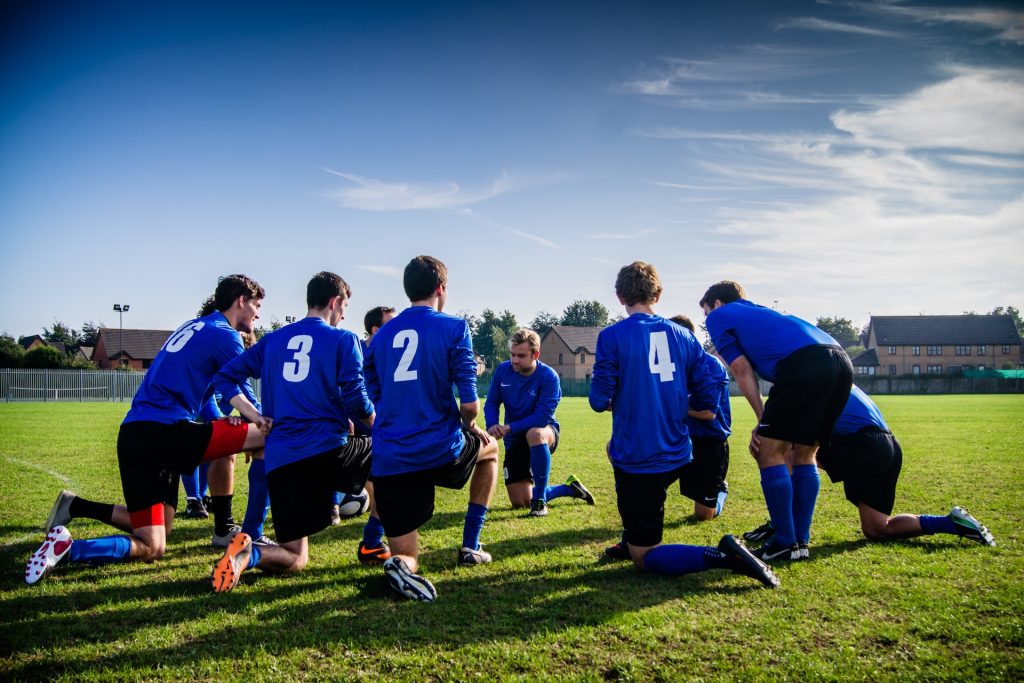What makes an ideal team player?

Photo – Pixabay
“Collective efficacy creates a self-sustaining cycle: The belief that we can make a difference together makes us want to make a difference together.”
Jill Harrison Berg
Teachers are very good at bringing students together; sharing in groups in sport, art, and drama. It is often the case that this occurs out of necessity. Increasingly school leaders and teachers are finding the time to build and grow their school team much harder to balance with their own school duties and with their family and social life. While it is getting easier to identify self-care strategies to better manage a healthy work-home balance, working as part of a school team is often felt as becoming more difficult.
Whilst not operating out of the Delta Quadrant, school teams that work in the space of collective efficacy are racing toward healthy wellbeing and lifestyle balances.
School teams planning for success engage in difficult conversations and grow through professional trust, learning the language and tools that harness the creative and productive power that is collective efficacy. Mikan and Rodger (2014) describe teams as people with complementary skills, working toward a common goal and purpose, have the function to hold themselves mutually accountable. Contributing features of school teams that leverage their collective efficacy will include regular communication, shared norms, independent tasks, and coordination.
Learning styles and behaviour are not restricted to children. Understanding the elements that drive our behaviour, expressed as fire, water, wind and air draw deep into the motivation and expression that adds to the quality and success of the team.
The greatest impediment to effective school planning to improves student outcomes are school teams that rigidly adhere to systematic frameworks. School teams that afford themselves the time to plan for success are teams that will affect a cycle of self-improvement and be part of continuous school improvement.
Every teacher and school leader was once a student.
As a student, what was the best school that you wanted to attend?
